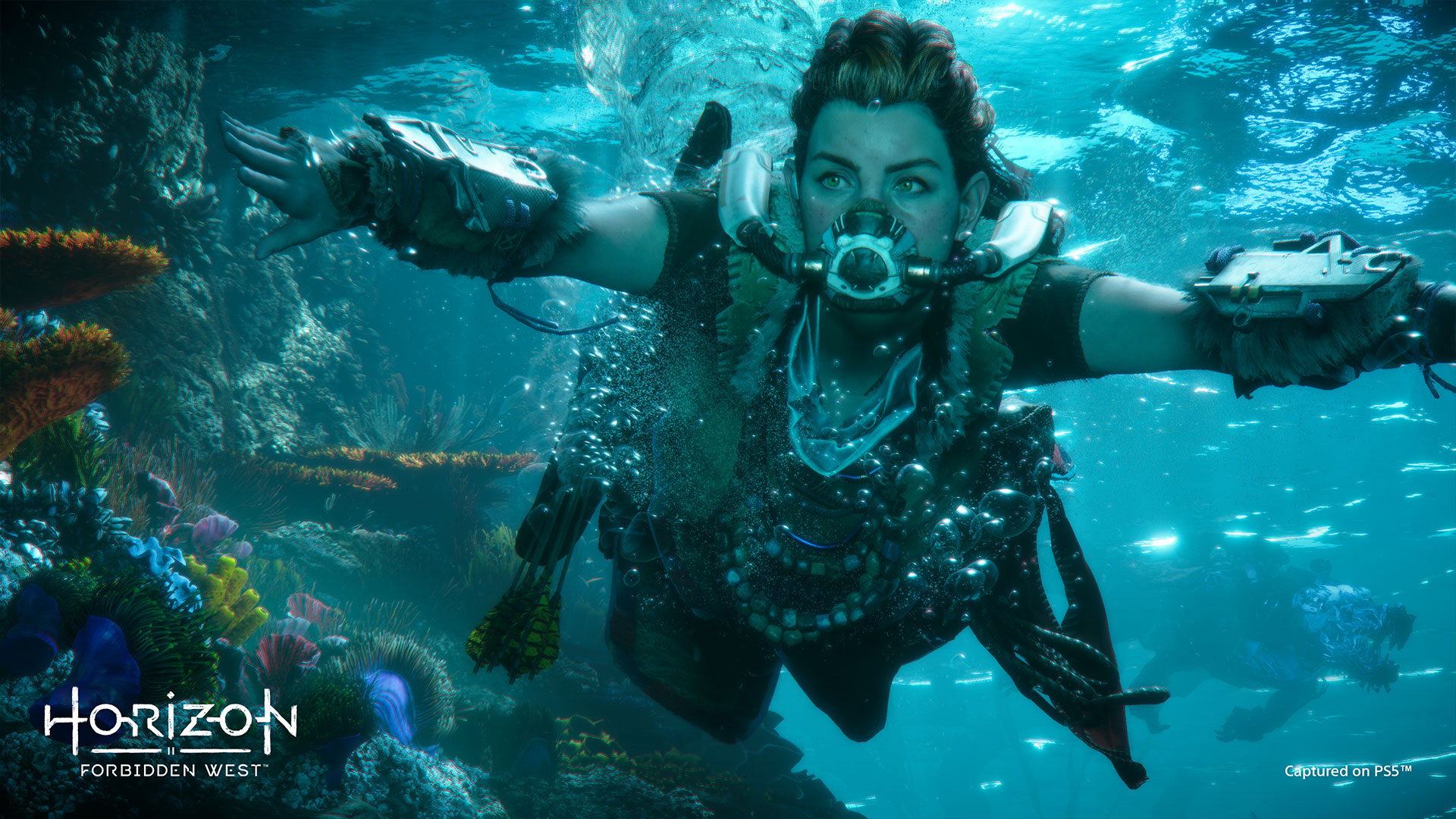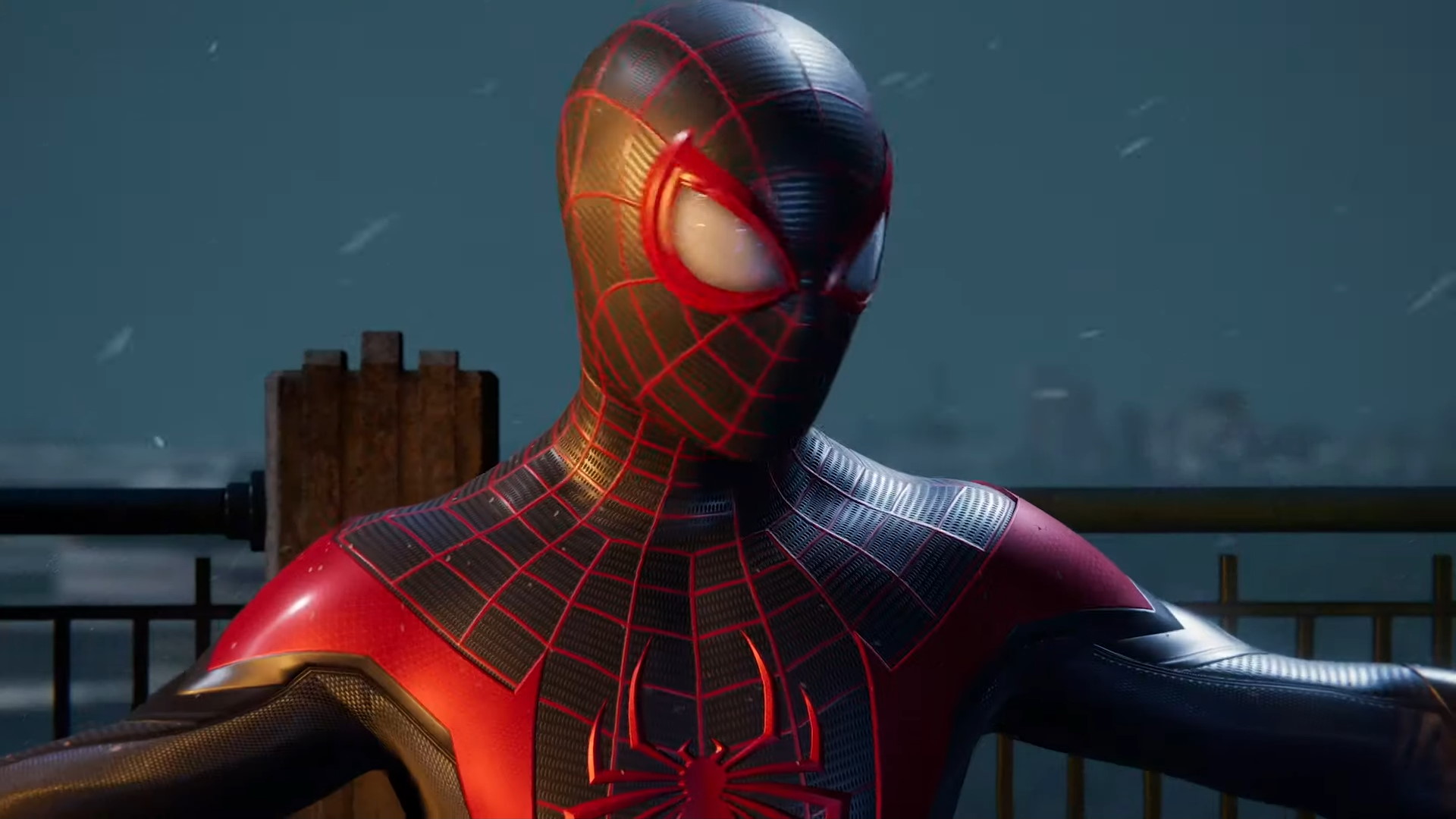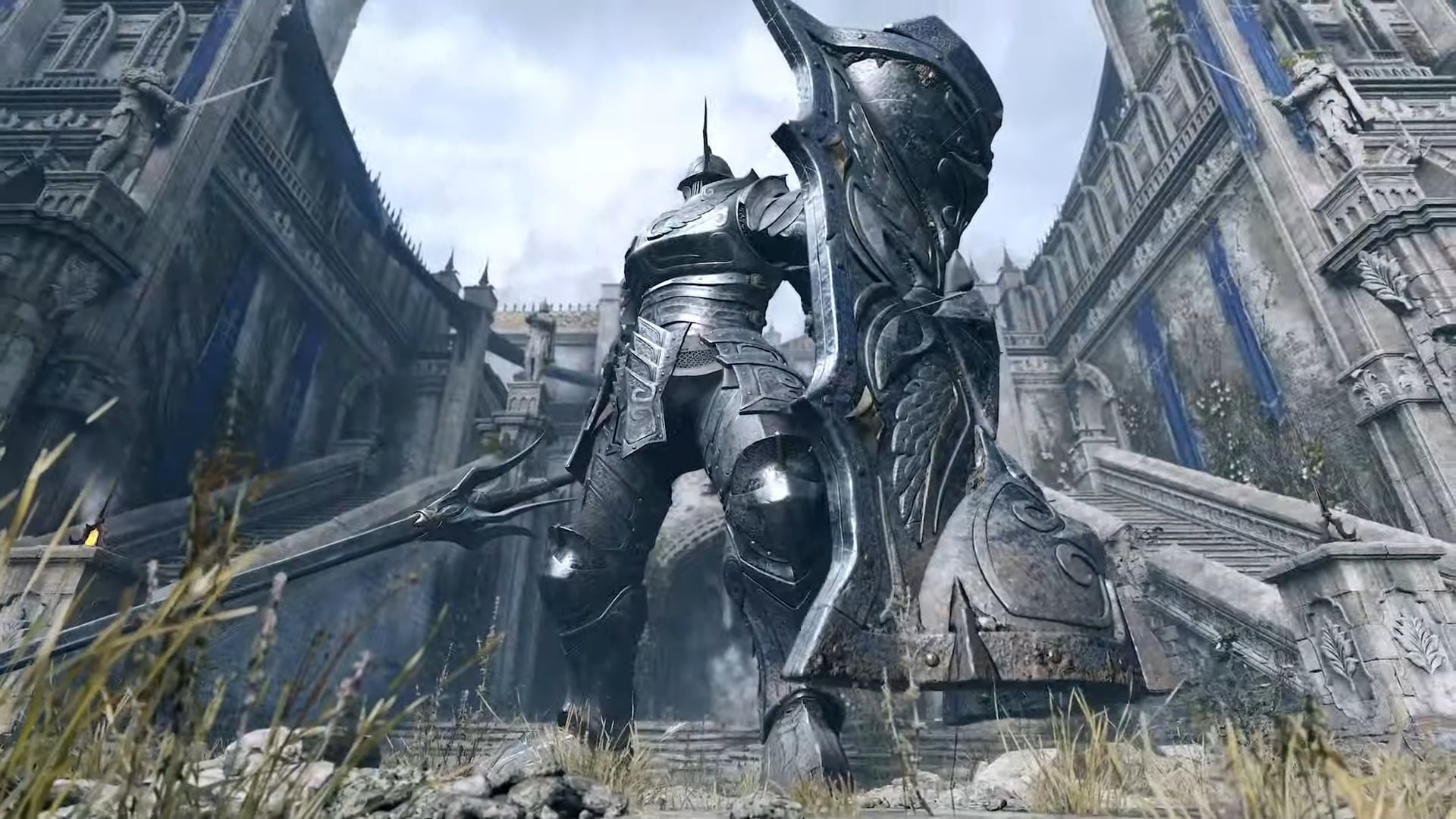With key PS5 games confirmed for PS4, Sony now faces the same cross-gen concerns as Microsoft
It turns out big games on both platforms will be cross-gen games

The messaging during and after Sony's latest PS5 showcase was an all-around mess, and a running theme that emerged in the aftermath totally clashed with a position that the company has maintained for months: many first-party PS5 games long believed to be next-gen exclusives are also coming to PS4. This includes Spider-Man: Miles Morales, Sackboy: A Big Adventure, and most importantly, Horizon Forbidden West. The list of big PS5 exclusives has quickly dwindled down to Demon's Souls and Ratchet & Clank: Rift Apart, at least for the console's launch and the period immediately following it, which has called Sony's stance on generational leaps into question.
It's not that making games available on more platforms is a bad thing, nor is it surprising to see cross-gen games at the start of a new console generation. This is great news for PS4 owners who can't afford – or don't want – to upgrade to a PS5 in the next few months, and big hitters like Assassin's Creed Valhalla and Cyberpunk 2077 will also be cross-gen releases. The sticking point here is that, up until this showcase, Sony has used games like Horizon Forbidden West and Spider-Man: Miles Morales to hype up the benefits of the PS5 and defend its push for a hard generational divide – intentionally drawing a stark contrast with Microsoft's plans with the Xbox Series X and Xbox Series S.
Sony's plans, then and now

"We have always said that we believe in generations," Sony Interactive Entertainment president and CEO Jim Ryan told GamesIndustry in May. "We believe that when you go to all the trouble of creating a next-gen console, that it should include features and benefits that the previous generation does not include. And that, in our view, people should make games that can make the most of those features."
"We do believe in generations," he reiterated, "and whether it's the DualSense controller, whether it's the 3D audio, whether it's the multiple ways that the SSD can be used... we are thinking that it is time to give the PlayStation community something new, something different, that can really only be enjoyed on PS5."
"We believe in generations" has been Sony's message for most of the year, but that's not the message that the PS4 versions of Horizon Forbidden West and Spider-Man: Miles Morales are sending. How many of its other first-party games are also coming to PS4, and when will we know for sure? Will early PS5 games "include features and benefits that the previous generation does not include," or will they be ultimately kneecapped by the specs of the PS4? Can these games truly "make the most of those features" while accommodating both generations? And most pressingly, what about these games "can really only be enjoyed on PS5"?

If these questions sound familiar, it's because Microsoft has been enduring similar inquiries for months. It confirmed ongoing first-party support for Xbox One ages ago, noting a desire for forward and backward compatibility for its games and peripherals for the foreseeable future. Questions around next-gen Xbox games intensified after it showcased Halo Infinite, the official screenshots of which were immediately turned into memes. This escalated further following the reveal of the Xbox Series S, a markedly weaker next-gen entry point positioned as a cheaper alternative to the Series X. Microsoft's goal with Series S is to get more people into the new generation and, ideally, into the wider Xbox ecosystem via Game Pass Ultimate which spans Xbox, PC, and xCloud supported devices. There's good intentions there, but slotting a third system between Xbox One S and Xbox Series X has led many to be concerned that future Xbox games may be in some way held back – due to time, technical, or budget constraints – by the need to support three machines spanning two generations.
Microsoft maintains that it consulted developers while designing the Series S to ensure that scaling games between generations is as easy as possible. I'm sure it did, and I'm sure those conversations helped refine the console's trimmed-down specs, but that hasn't stopped developers being concerned by the potential for developmental 'bottleneck' of games straddling console generations. And for the price, the Series S is a heck of a console, but there are still some, not unreasonable worries regarding the impact of a lower-spec machine. And that's just for the Series S; let's not forget that first-party Xbox games will also be coming to Xbox One, which is far, far weaker than any next-gen console.
Weekly digests, tales from the communities you love, and more
What will next-gen consoles deliver at launch?

Until now, Sony had circumvented this debacle entirely. Not only had it made its stance on generation breaks crystal clear, it delivered the same specs in both the base and Digital Edition PS5. But now, with key PS5 exclusives confirmed for PS4 at launch and beyond, the company is facing the same cross-gen balancing act as Microsoft. And this isn't just a question for launch, either. In a new interview, Ryan confirmed that Sony plans to support the PS4 for another "three or four years," which means we could see more cross-gen PlayStation games arrive in the future. Again, good news for PS4 owners, but where was this rhetoric for the past few months?
We don't see new consoles hit their prime for a few years at least, simply because their ins and outs are better understood over time. But continued last-gen support can also prevent new games from producing – just to pull a phrase out of the air – things that can really only be enjoyed on new consoles. With more and more next-gen games adopting a $70/£70 price tag, this could become an especially troublesome problem for both PS5 and Xbox Series X as they struggle to maintain parity between generations while also somehow promoting the new generation as the stronger platform.
All of this and more is put on the scale with the time it takes to build games for multiple generations, the design sacrifices that may be made to accommodate last-gen machines, and the value of catering to last-gen audiences. The immediate result seems to be fewer and fewer true next-gen games, which means fewer reasons to buy a new console this year. Consequently, the prospect of upgrading this November is looking less worthwhile by the week, and Sony's promises are dissolving right along with it.

Austin has been a game journalist for 12 years, having freelanced for the likes of PC Gamer, Eurogamer, IGN, Sports Illustrated, and more while finishing his journalism degree. He's been with GamesRadar+ since 2019. They've yet to realize his position is a cover for his career-spanning Destiny column, and he's kept the ruse going with a lot of news and the occasional feature, all while playing as many roguelikes as possible.


